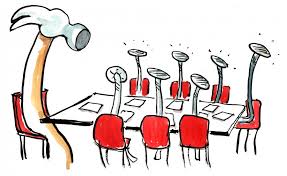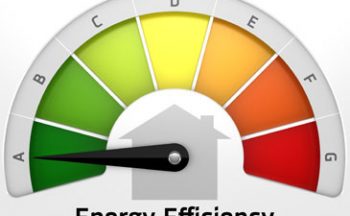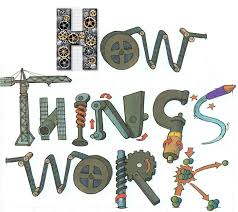 January 2021
January 2021
Consultants play a crucial role in the success of condominium communities. Boards are encouraged to utilize them prior to making decisions where they lack expertise. Yet many boards fail to utilize the right type of consultant at the appropriate time.

There is no shortage of lawyers, engineers, management companies and accountants offering to lend their expertise to condo boards, and all play their role in offering specialized expertise. Few have big-picture thinking beyond their specialization needed to help a community evolve; to match interests of owners to demands of the marketplace and broader community.
Condo boards require a good condo consultant where they lack expertise or time to deal with everything that needs to be done. They bring an understanding of established business and management practices along with knowledge of condo communities and how they should operate. A condo consultant understands management practices, how to make decisions with limited information, and implementing changes within the community.
Steve Ilkiw of CondoHive identifies immediate results communities have achieved from his working with condo boards:
- Board meetings once lasting 3-4 hours cut in half while improving results
- Reduction of owner inquiries to management thus allowing them to focus on priority projects, day-to-day operations and resident concerns
- Improved resident satisfaction with how the board is operating
- Implementing board practices that transcend concerns over how individual directors operate
Communities are more functional and effective when board members, management and residents are happier. All work toward common interests which include a more enjoyable community, property values that outpace the market and a better place to live. Such communities, and buildings, stand the test of time.
 Mr. Ilkiw identifies three general areas communities and management teams struggle with, and recurring priorities.
Mr. Ilkiw identifies three general areas communities and management teams struggle with, and recurring priorities.
Long-term strategic thinking. With few exceptions, communities fail to develop and operate with a strategic plan. They use the reserve fund as a giant ‘to do list’ alongside personal perspectives of board members. The ‘to do list’ method prevents a community from evolving and simply works to preserve the vision of the original builder without taking into account external and internal changes. This gets in the way of increasing property value to outpace the market and paying attention to the needs and satisfaction of owners.
Condominium managers lack training and background to create a strategic plan. Even if versed on the process, it’s best to get someone external who can be independent, ask the right questions and move the process forward.
Communication. One of the ironies of all the new communication tools at our disposal is that communicating with people has become more challenging. Where a simple bulletin board would have sufficed 20 years ago, demand for communicating via an individual’s preference is now the norm. Websites, elevator screens, text messages, email, message boards, plus all the digital services designed to ‘do it all’ play a role. Yet successful communicating isn’t just about the tools. It’s as much about planning, clarity, consistency of messages and execution.
Special projects. The bane of a condominium manager and board. That big new project with a six or seven figure price tag takes months of planning, extra hours, and countless headaches to deliver. It takes the manager’s time away from day-to-day operations and one or two board members get saddled with the majority of work to ensure success at all levels. External and independent project management support brings clarity to a project, keeps timelines, and frees the board and management to focus on big decisions.







